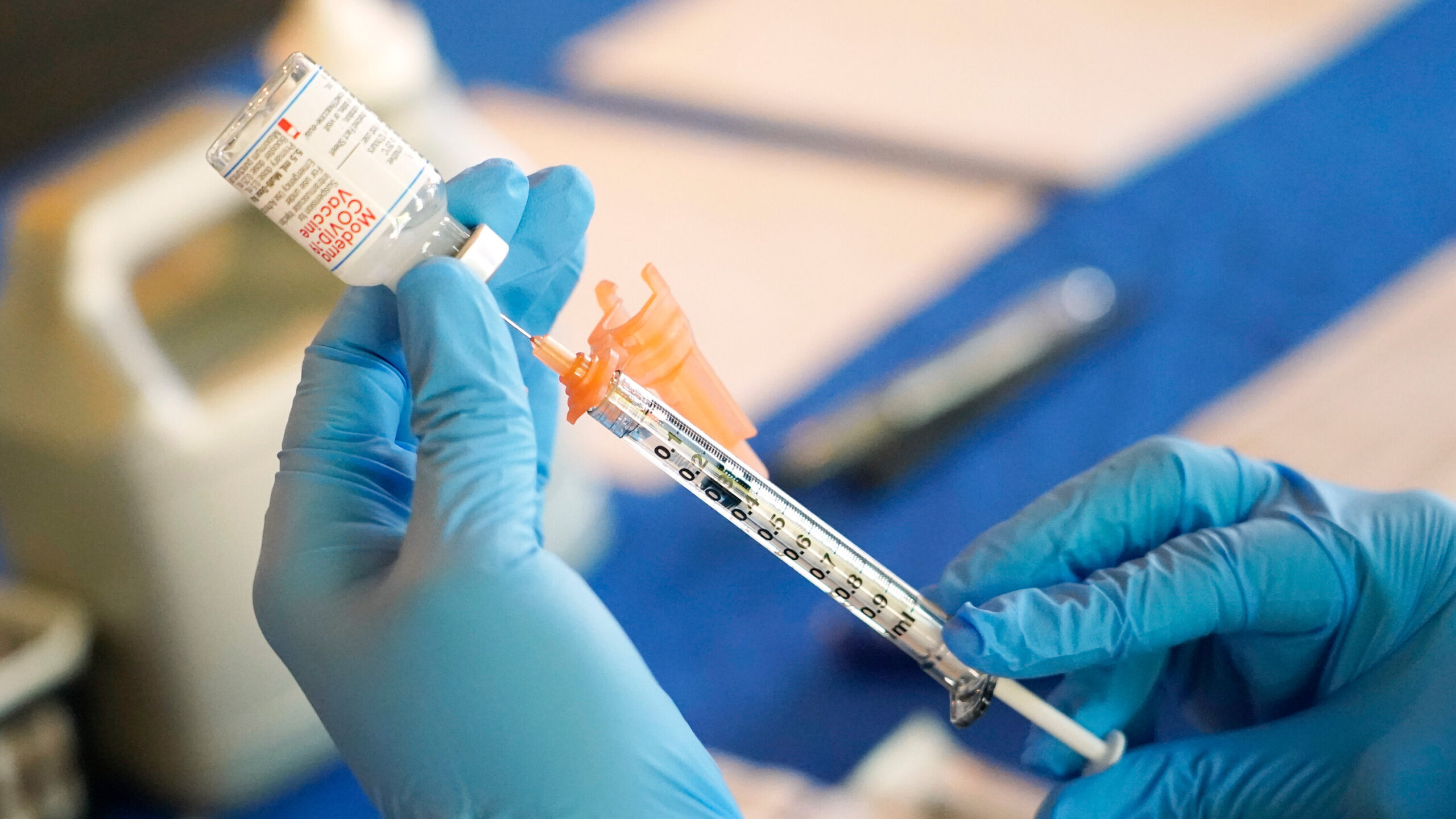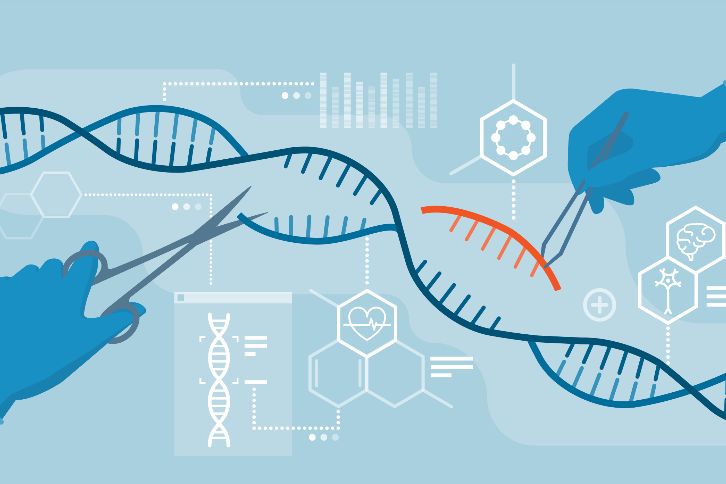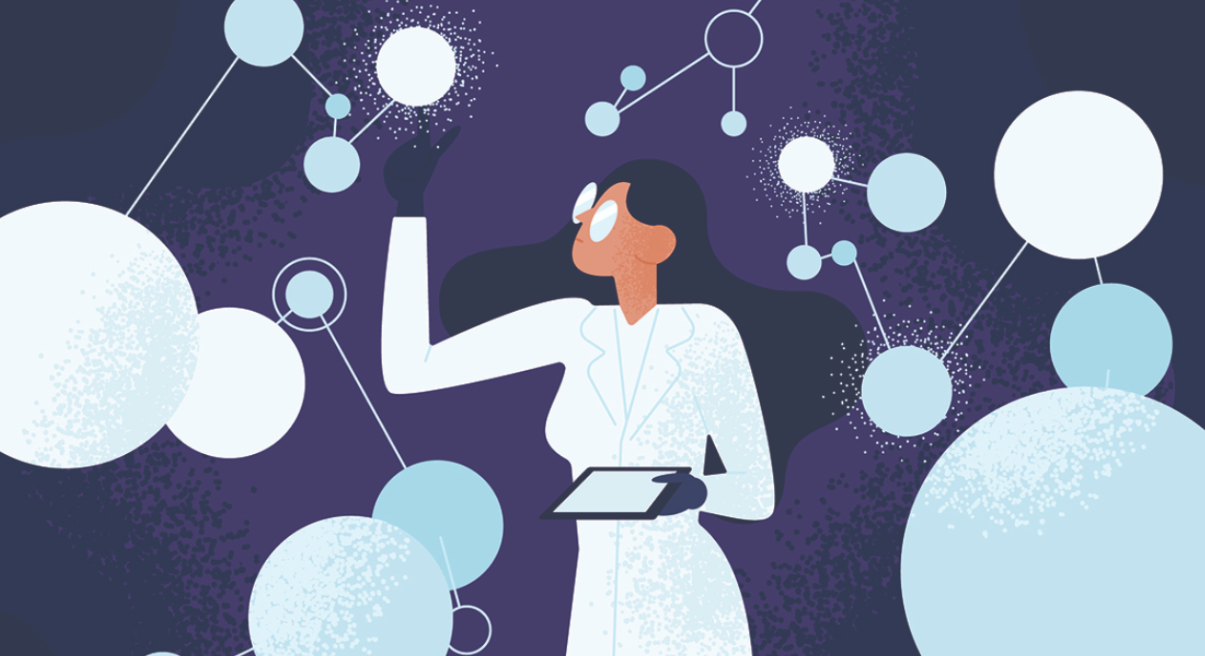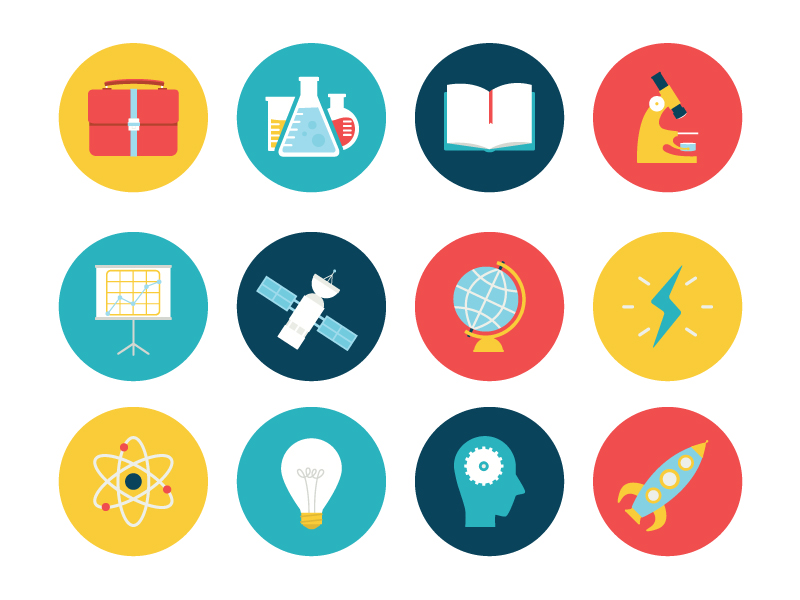By Sophie Aubakirova, Year 12
Vaccinations are an essential tool for preventing the spread of infectious diseases. By introducing a weakened or inactive form of a virus or bacterium into the body and triggering an immune response, vaccines help produce antibodies that can fight off a specific disease. Vaccinations are often the most effective form of protection against infectious diseases, and they have played a critical role in reducing the prevalence of or eliminating many diseases such as measles, polio and smallpox.
One of the most significant benefits of vaccinations is that they protect not only the individual who receives the vaccine but also the community as a whole. When a significant proportion of a population is vaccinated, it creates herd immunity, meaning that the disease cannot spread as easily because there are fewer people who can become infected and pass on the disease. This is especially important for public health: individuals who cannot receive certain vaccinations, such as infants or people with weakened immune systems, rely on herd immunity for protection.
Vaccinations have been instrumental in taming and preventing outbreaks of diseases that were once common and deadly. For example, the measles vaccine has reduced the number of measles cases in the United States by over 99% since its introduction in 1963. Similarly, the polio vaccine has virtually eliminated polio in many countries around the world. However, Polio remains an issue in underdeveloped countries with limited access to vaccinations.
Despite the masses of evidence in support of vaccinations, there remains some controversy and reservations surrounding them. Some people believe that vaccinations can cause adverse effects, such as autism or other developmental disorders. However, this belief was propagated through faulty science and has been debunked by numerous studies. The firm scientific consensus is that vaccines are safe and effective. The argument that it is too expensive to vaccinate an entire population also lacks validity: the cost of treating a single case of a vaccine-preventable disease can be many times higher than the cost of vaccinating an entire population. Thus, vaccinations save not only lives, but money as well.
In conclusion, vaccinations are a critical tool in preventing the spread of infectious diseases. They are safe, effective, and provide significant public health benefits. By getting vaccinated, individuals can protect themselves and their communities from serious diseases and help to create a safer and healthier society.



